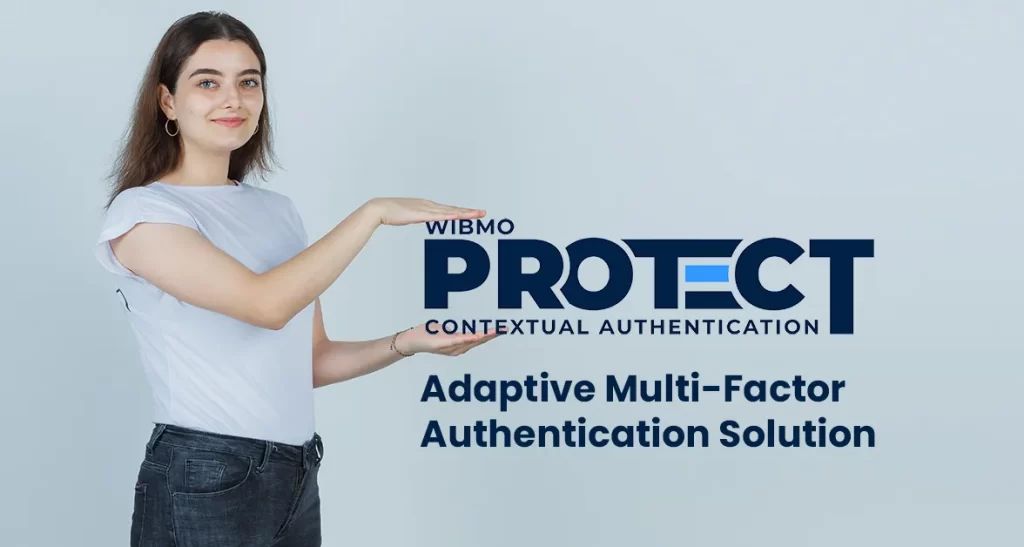The Reserve Bank of India (RBI) has embarked on a transformative journey by proposing a Principle-Based Framework for the authentication of digital transactions. This pioneering initiative underscores the RBI’s commitment to fostering a secure, seamless, and customer-centric digital payments ecosystem. The primary objective of this framework is to propel the adoption of alternative authentication mechanisms, transcending the traditional SMS OTP paradigm. By embracing innovative authentication solutions, the RBI seeks to elevate the customer experience while fortifying the security infrastructure of digital payments. Furthermore, this strategic move is poised to empower businesses to embark on a journey of innovation, enabling them to explore cutting-edge solutions while upholding the highest standards of security and integrity. In essence, the Principle-Based Authentication Framework heralds a new era of digital transactions, characterized by enhanced security, heightened user experience, and unparalleled innovation.
Challenges with OTP Authentication:
Traditional SMS OTPs, while prevalent, present significant limitations and risks. They heavily rely on mobile service providers, are susceptible to interception, and contribute to transaction delays and failures, leading to user frustration and financial losses.
Limitations of Traditional SMS-Based OTP Authentication:
– Reliance on Mobile Service Providers: SMS OTPs are entirely dependent on mobile service providers, making them susceptible to network coverage issues and unable to support offline mode.
– Inadequate Support for Cross-Border Transactions: Due to network dependencies, SMS OTPs face challenges in facilitating cross-border transactions and international access.
– High Transaction Authentication Failure Rate: In the current scenario, the authentication failure rate for card transactions using SMS OTPs averages between 5% to 8%, primarily due to network dependencies.
– Vulnerability to Cyber Threats: SMS OTPs are prone to interception, phishing, MITM attacks, and sim swapping, lacking robust protection for authorized access.
– Rising Instances of Fraud: Cybercrimes, including fraud cases involving SMS OTPs, have surged, with approximately 1.1 million fraud cases registered in 2023, amounting to Rs 7,488.6 crore. Additionally, UPI fraud cases reached over 95,000 in the 2022–23 fiscal year.
– User Experience Disruptions: Delays or delivery failures in SMS OTPs disrupt the user experience, leading to frustration and contributing to merchant conversion losses.
– Increased Operational Costs: Constant intervention is required to manage authentication experiences across various channels, leading to additional costs. The average SMS cost per transaction is 12 paise, which escalates based on the chosen channels.
Wibmo Protect: A Revolutionary Solution:
Wibmo Protect, a cutting-edge platform, aligns seamlessly with the RBI’s framework. Utilizing a risk-based contextual authentication approach, it leverages machine learning and deep data analytics to detect and prevent fraudulent transactions in real-time. Contextual authentication further enhances security, enabling swift and secure payments without OTPs.
Key Benefits of Wibmo Protect:
Wibmo Protect offers a multitude of benefits, including:
– Fraud Detection & Prevention
– Dynamic Risk-based Authentication
– Preference-based authentication with multiple modes
– Multi-channel support for various transaction types
– Reduced chargebacks and increased revenue growth
– Merchant opt-out feature
– Enhanced consumer authentication experience
Wibmo Protect combines three powerful modules:
1. Access Control Server (Accosa ACS): A holistic payment authentication platform integrated with an intelligent risk engine.
2. Enterprise Trident FRM: A comprehensive cross-channel, self-learning risk assessment engine.
3. Tridentity: A multifactor out-of-band authentication solution offering secure, password less authentication.
Wibmo Protect emerges as a game-changer in digital transaction security. By embracing innovative technologies and adaptive authentication methods, it sets new standards for security, efficiency, and customer satisfaction. With its comprehensive suite of modules, Wibmo Protect stands as a beacon of trust and reliability in the evolving landscape of digital transactions. Through continuous innovation and commitment to security, Wibmo paves the way for a secure and seamless digital future.
Author:
Anand K Khanna, Product Manager — Fraud & Risk Management
Wibmo A PayU/Naspers FinTech Company

